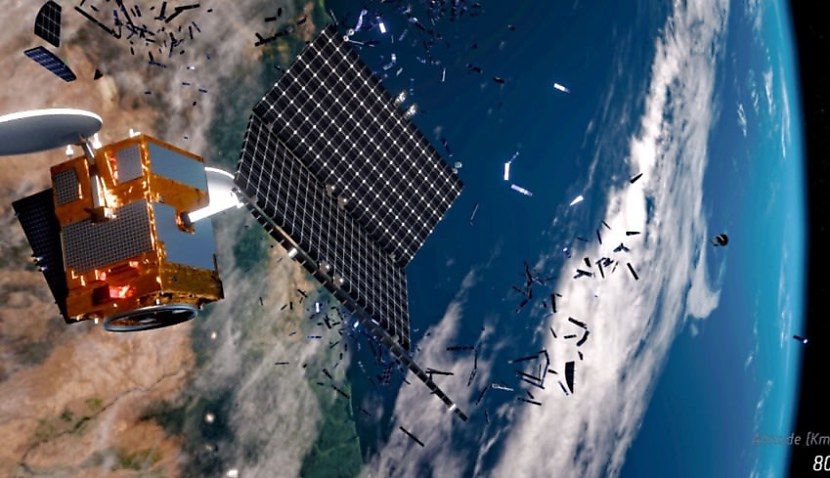
Talking to the Space Connect Podcast, the shadow minister for cyber security and countering foreign interference said the nation must make its space assets “more resilient and robust”.
“There are certainly military strategists who believe that the fourth and fifth domains of war, that is cyber and space, will be where the first shots are fired in future conflict. I think that is a reasonable concern to have,” he said.
“I’m concerned about cyber activity against our space assets but also physical attacks on our space assets.
“You have seen some nation states test destroying satellites in orbit, which is not only dangerous for those assets that they destroy but dangerous for those in its vicinity, given the debris that is created from that incident. So we really need to have expectations and norms in that space.”
You can listen to the full interview on the latest episode of the Space Connect Podcast when it is released on Friday, 23 December.
His comments come a year after Russia launched an anti-satellite strike into one of the nation’s own space objects — Cosmos 1408 — bursting into over 1,500 debris and adding to the ongoing issue of space junk.
Senator Paterson’s views also echo the views of Australia’s new Space Commander, Air Vice-Marshal Cath Roberts, who said this year she was worried about the nation’s “lack of capability” against threats in orbit, amid rising fears over the increasing militarisation of space.
“The activities by China and Russia, which have been fairly well documented in the public domain, scare me,” she said. “I think our lack of capability at the moment against those threats is concerning.”
LeoLabs, a California-based company which provides commercial mapping platforms through space radars, said 288 pieces of debris had been detected already late last week — and the number has now reached to approximately 300.
“Well, the problem is that the debris is going to be in orbit for years, if not decades,” Terry van Haren, managing director of LeoLabs, told Space Connect.
“What it’s done is obviously increase the amount of debris that’s in low-Earth orbit, and with that increase, the risks of debris on satellite collision, or space station or spacecraft collision do go up. That’s just a statistical truth,” he added.
Since 1957, rockets, spacecraft, satellites and tools have been launched into orbit, however, once an object reaches its full term, plans for its removal are never made. This, therefore, results in debris left orbiting in space.
Despite the ongoing problem, numerous companies and governments across the globe have partnered to reduce junk through efforts such as developing more sustainable technologies that can assist in their deorbit.

Adam Thorn
Adam is a journalist who has worked for more than 40 prestigious media brands in the UK and Australia. Since 2005, his varied career has included stints as a reporter, copy editor, feature writer and editor for publications as diverse as Fleet Street newspaper The Sunday Times, fashion bible Jones, media and marketing website Mumbrella as well as lifestyle magazines such as GQ, Woman’s Weekly, Men’s Health and Loaded. He joined Momentum Media in early 2020 and currently writes for Australian Aviation and World of Aviation.
Receive the latest developments and updates on Australia’s space industry direct to your inbox. Subscribe today to Space Connect here.









